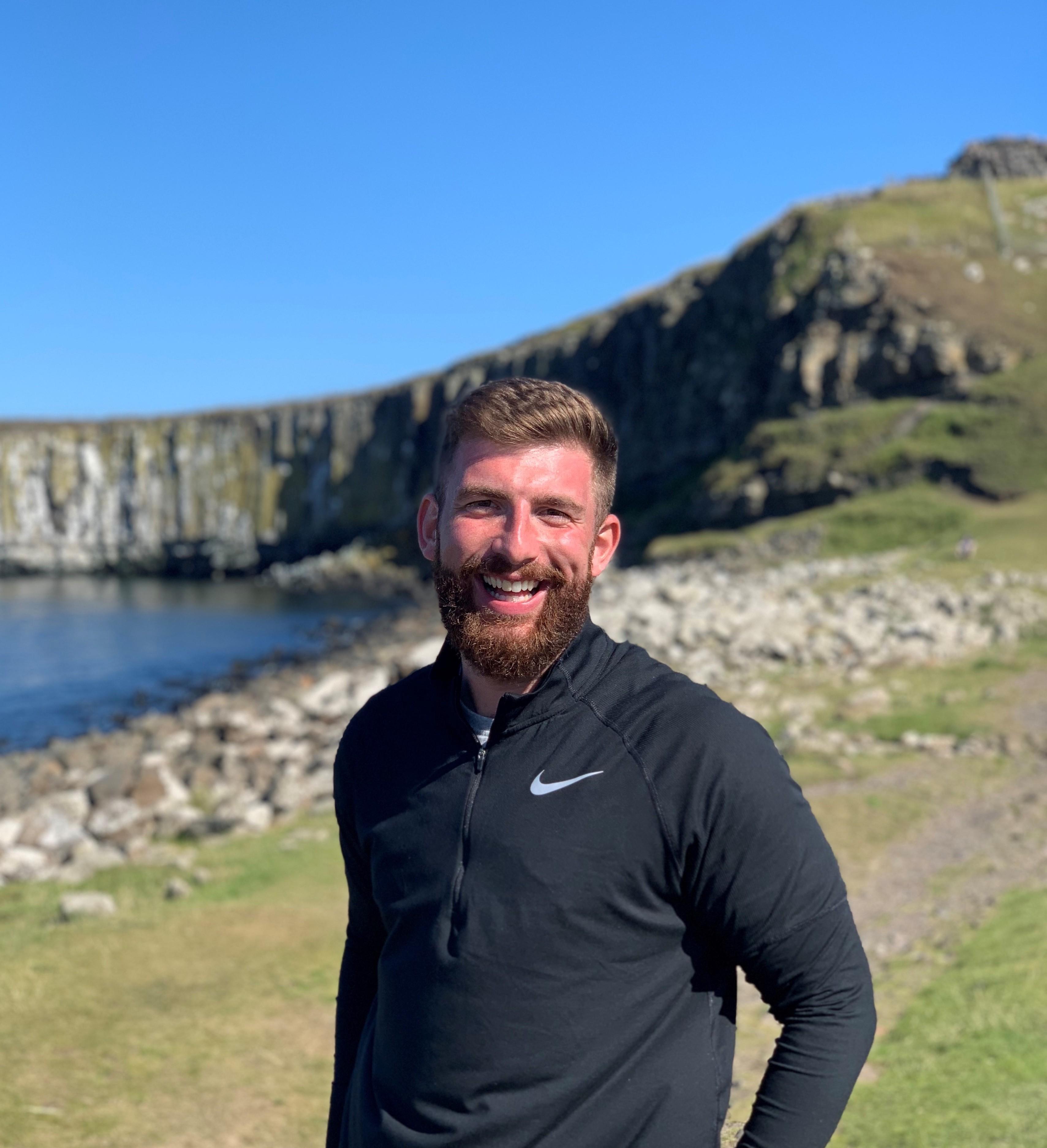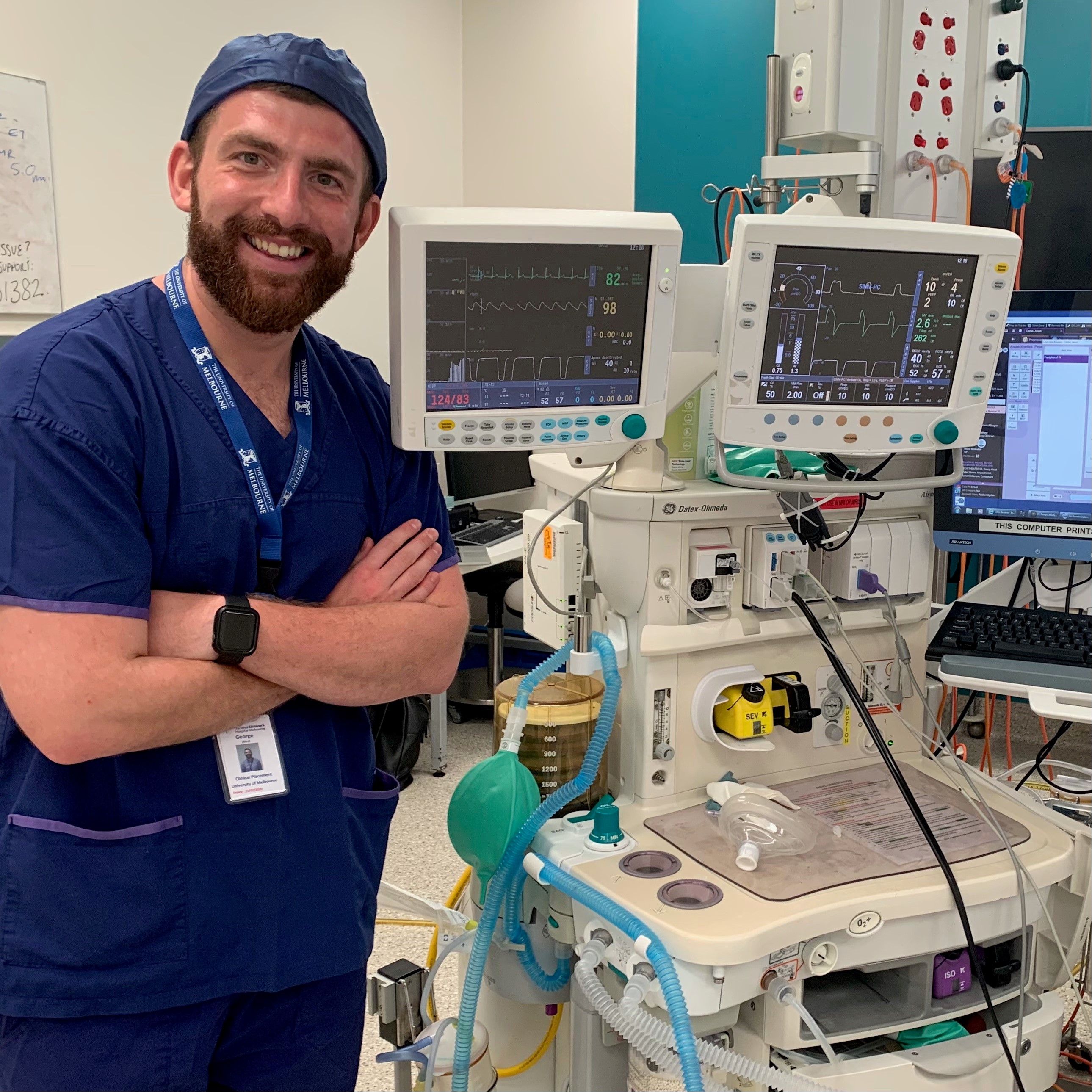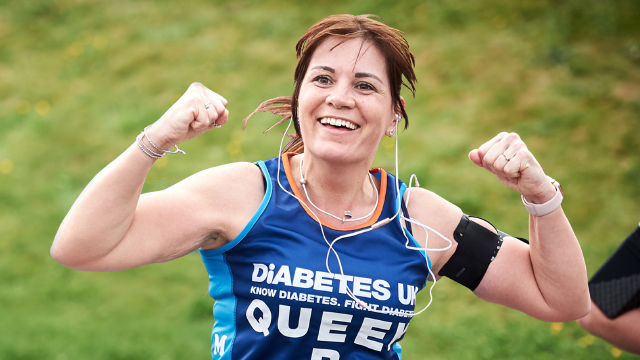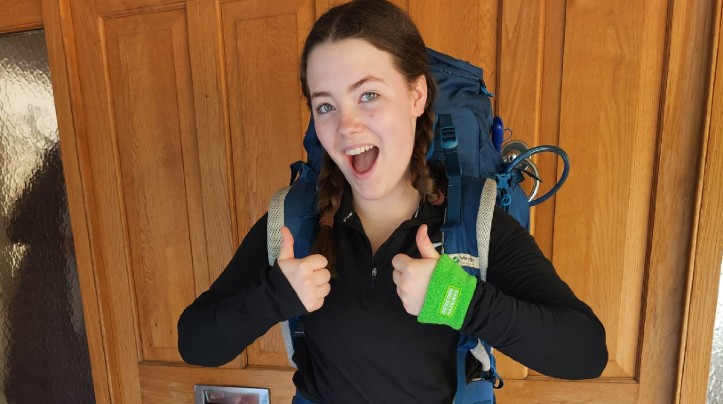
George West
George West was diagnosed with type 1 diabetes four years ago
I won’t be letting diabetes hold me back. It doesn’t define me, and I want others to know there is nothing you can’t do when you have diabetes.
George is a medical student who has been living with type 1 diabetes since his diagnosis four years ago. He shares the challenges of his diagnosis, how he’s raising awareness of diabetes, and discusses life as a student doctor during the pandemic. He's recently had his first coronavirus vaccine and is keen to encourage others to have theirs too.




